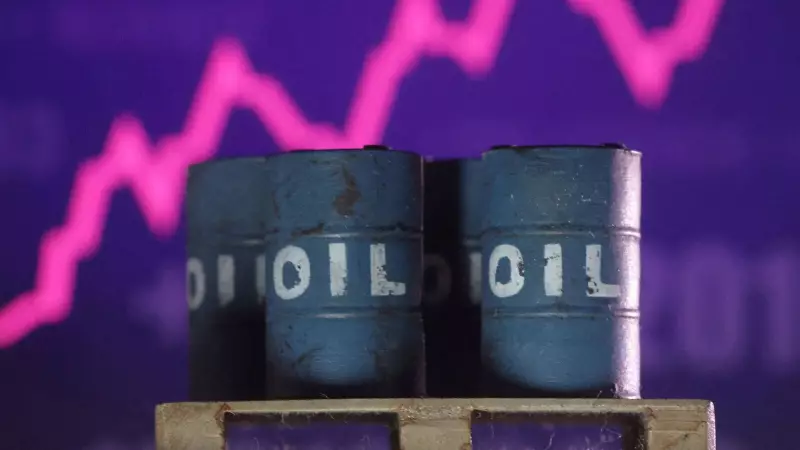
In a significant shift in global energy dynamics, India has dramatically increased its crude oil imports from the United States during October 2025, marking one of the most substantial monthly purchases in recent history. This strategic move comes as the world's third-largest oil importer capitalizes on favorable price differentials and navigates the evolving geopolitical landscape under the new Trump administration.
The Numbers Tell the Story
According to latest data from energy analytics firm Kpler, India's imports of US crude oil have surged to remarkable levels this October. The figures represent a strategic pivot in India's energy procurement strategy, showcasing the country's adaptability in global oil markets. This surge isn't just about volume—it's about timing, pricing, and geopolitical positioning.
The Price Arbitrage Advantage
The driving force behind this import surge lies in the compelling price arbitrage between Brent and WTI crude benchmarks. With WTI crude trading at a significant discount to Brent, Indian refiners have seized the opportunity to secure more cost-effective supplies from American producers. This price advantage has made US crude increasingly attractive compared to traditional suppliers.
Geopolitical Winds of Change
The timing of this import surge coincides with President Donald Trump's return to the White House, bringing anticipated shifts in US energy and foreign policy. Industry analysts suggest that Indian refiners are strategically positioning themselves ahead of potential policy changes that could affect global oil flows and pricing structures.
Diversification Beyond Traditional Partners
While Russia has remained a key supplier to India in recent years, the current surge in US imports demonstrates New Delhi's commitment to diversifying its energy sources. This multi-pronged approach enhances India's energy security while providing leverage in negotiations with traditional suppliers.
Market Implications and Future Outlook
The increased flow of US crude to Indian shores is reshaping global trade patterns and creating new energy corridors. Market observers are closely watching how this development will affect:
- Global crude pricing benchmarks
- Shipping and logistics networks
- OPEC+ production strategies
- Long-term energy partnerships
As the world navigates through changing political landscapes and economic uncertainties, India's oil import strategy reflects a pragmatic approach to energy security. The October 2025 data serves as a clear indicator that Indian refiners are becoming increasingly sophisticated in playing the global market to their advantage.
The bottom line: India's energy calculus is evolving rapidly, with US crude emerging as a strategic component of the country's diversified import portfolio. This shift not only makes economic sense but also strengthens the energy partnership between the world's largest democracy and its most powerful one.





